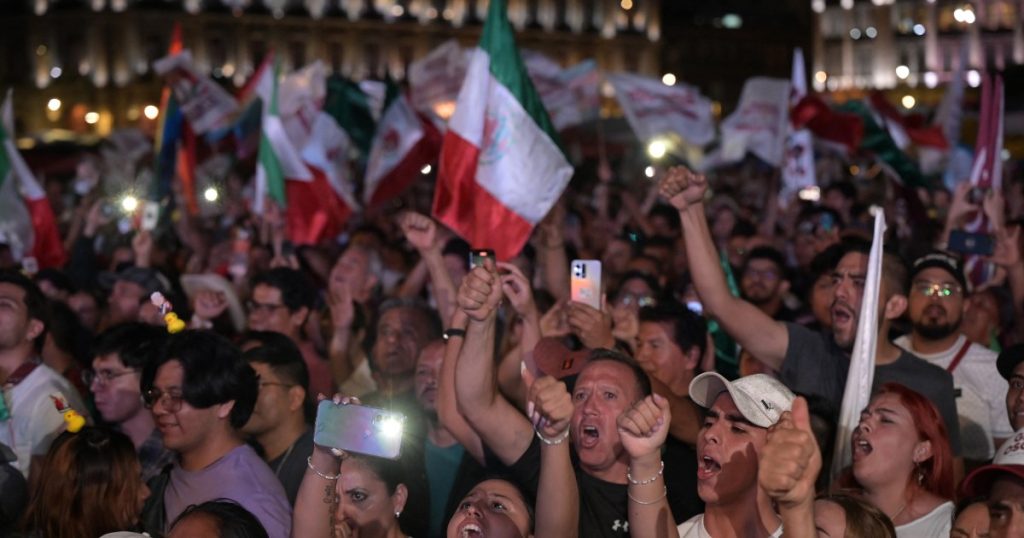Claudia Sheinbaum was elected as Mexico’s first female president on June 2, amidst a historic election in which Mexicans also voted for candidates in over 20,700 federal and local positions. Sheinbaum, a scientist and member of Andrés Manuel López Obrador’s Morena party, faced off against Xóchitl Gálvez, head of a conservative coalition. The lead-up to the election was hailed as a win for women’s empowerment, but the reality of ongoing femicide and violence against women in Mexico paints a grim picture.
During Sheinbaum’s tenure as mayor of Mexico City, violence against women and femicide continued to plague the country. Mexico currently sees 10 women and girls killed daily, with many more missing and cases going unprosecuted. The country has also seen a general increase in violence, with over 160,000 homicides and more than 111,000 missing people during AMLO’s term. The surge in femicides is just one component of the larger issue of violence in Mexico.
The violence in Mexico extends beyond crime to the political realm, with numerous candidates being assassinated ahead of the election. Cartels and organized crime groups are believed to be behind many of these killings, as they seek to influence the political landscape in their favor. The fear and intimidation tactics employed by these groups have a chilling effect on those considering running for office, as seen in the case of the mayor of Zipolite, who was shot outside his municipality building.
The United States also plays a significant role in perpetuating violence in Mexico, through drug demand, criminalization of migration, and demand for undocumented labor. The collaboration between Mexican authorities and organized crime groups further exacerbates the situation, with migrants facing abuse and extortion at every turn. The creation of the National Guard in 2019 has raised concerns about human rights abuses, with reports of torture, extrajudicial killings, and sexual violence against asylum seekers.
As Sheinbaum prepares to take office, she has expressed plans to work closely with the US on free trade, despite the negative impacts of previous agreements like NAFTA. The implementation of NAFTA in 1994 led to widespread poverty and unemployment in Mexico, forcing many into narco-trafficking-related jobs to survive. The connections between capitalism, organized crime, and violence against women in Mexico are deeply intertwined and difficult to break.
In conclusion, while the election of a female president may have symbolized progress for women’s empowerment in Mexico, the underlying issues of violence, corruption, and impunity are likely to persist. Organized crime continues to thrive in the country, and the challenges faced by women and marginalized communities remain significant. The upcoming administration will need to address these issues head-on if Mexico is to see any meaningful change in the years to come.















